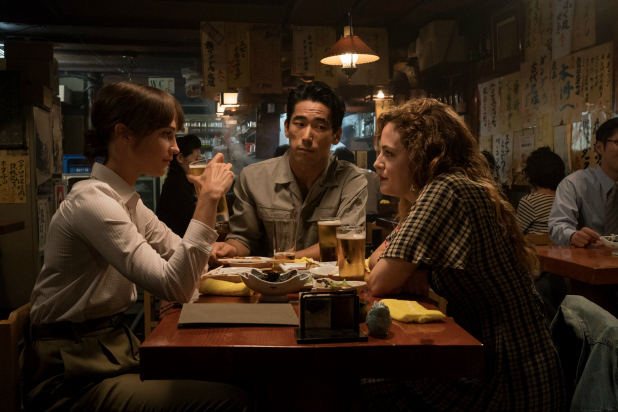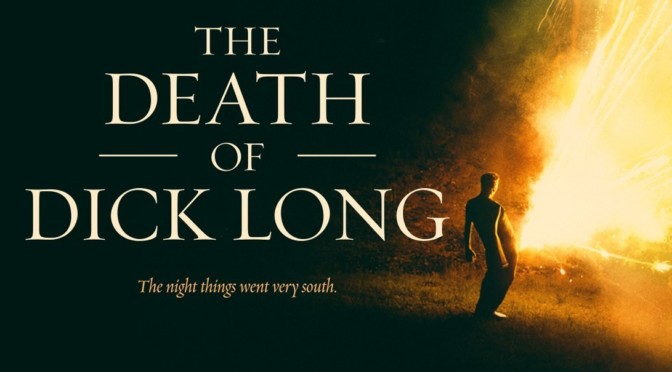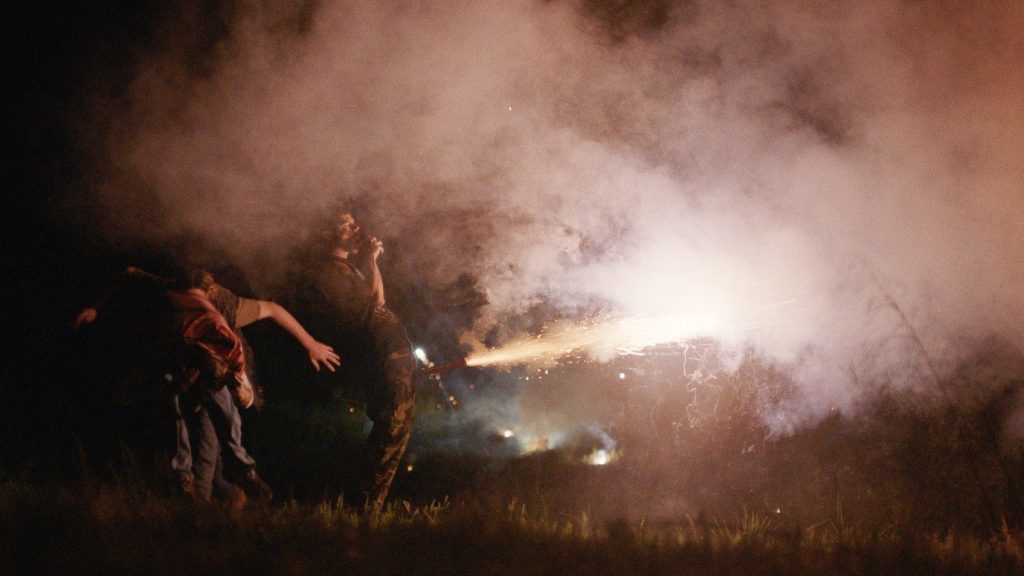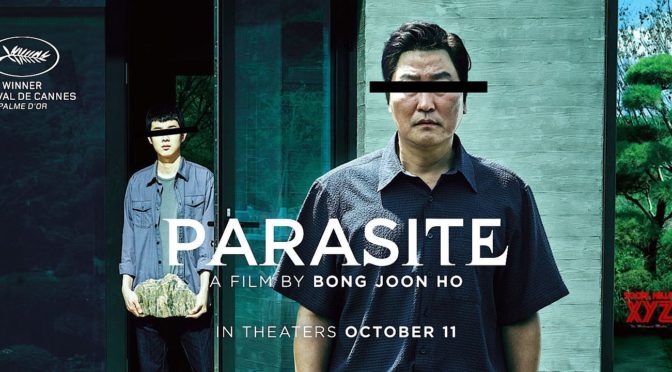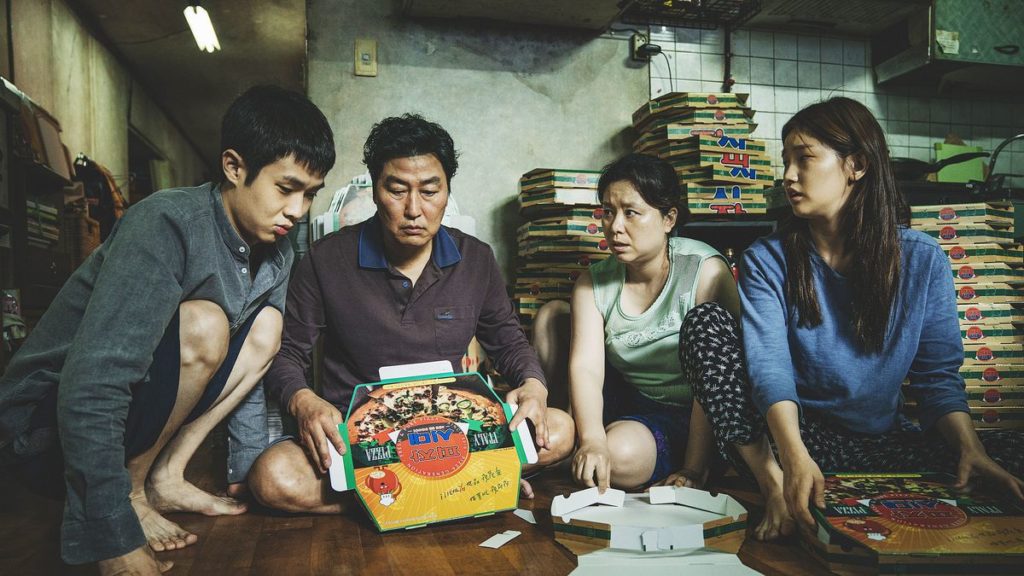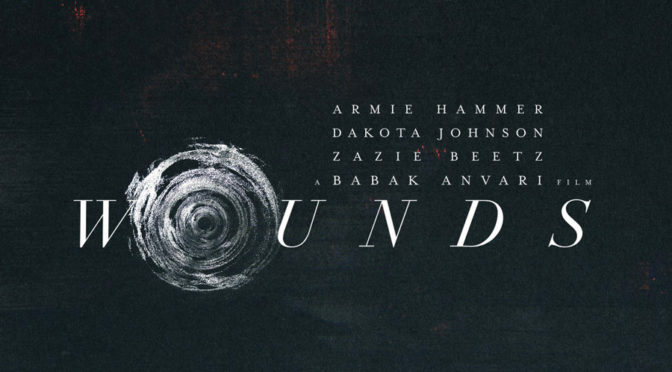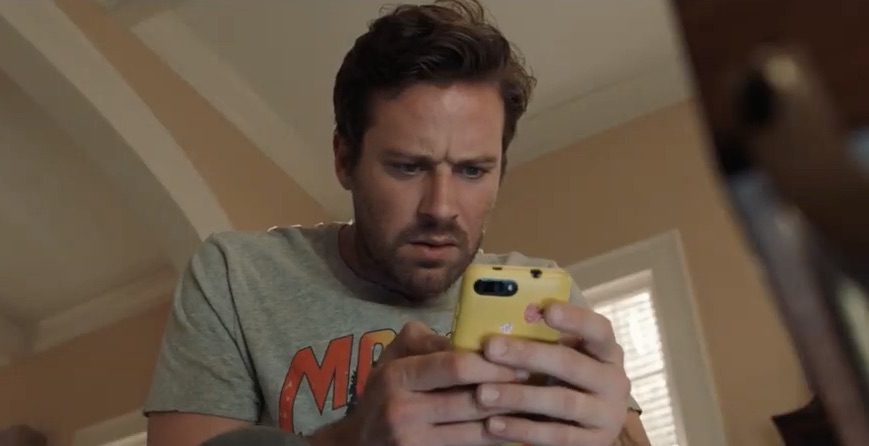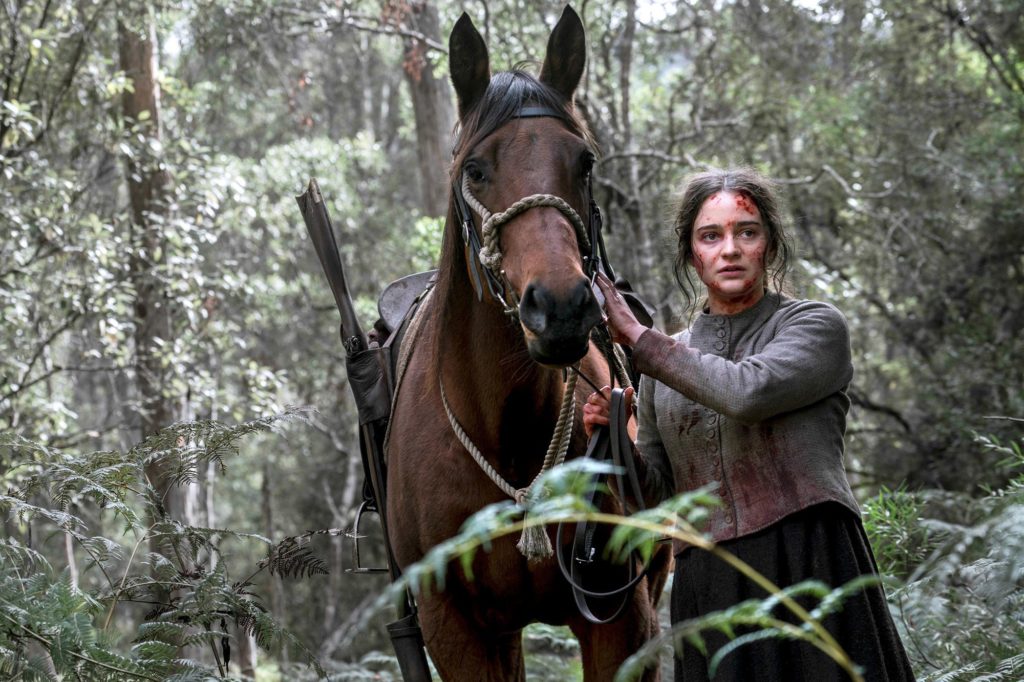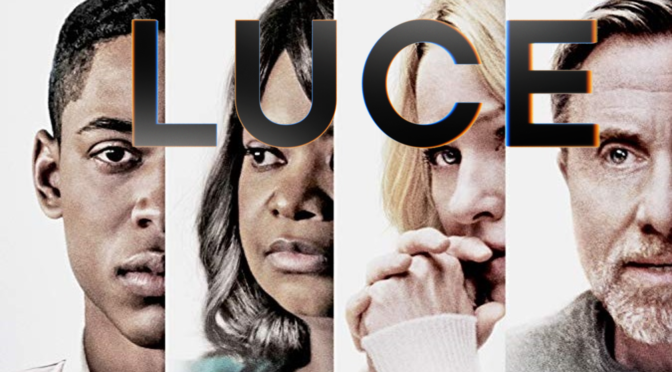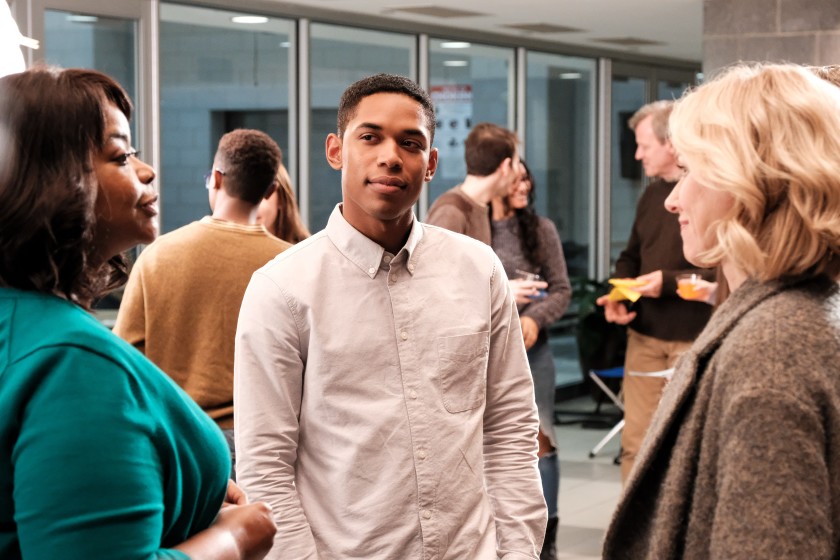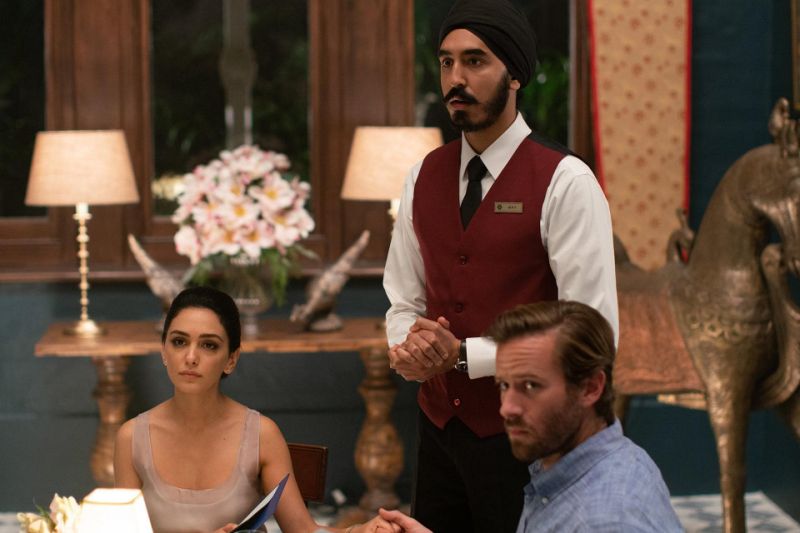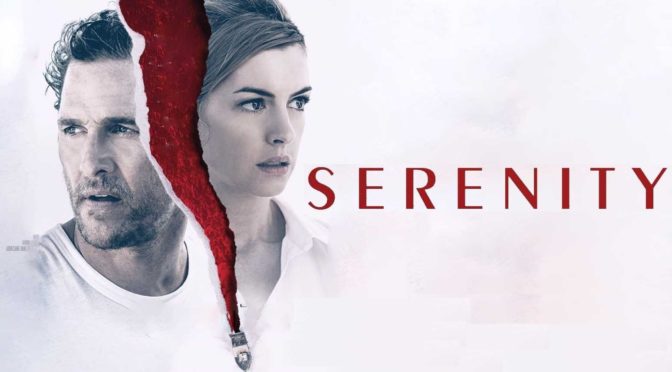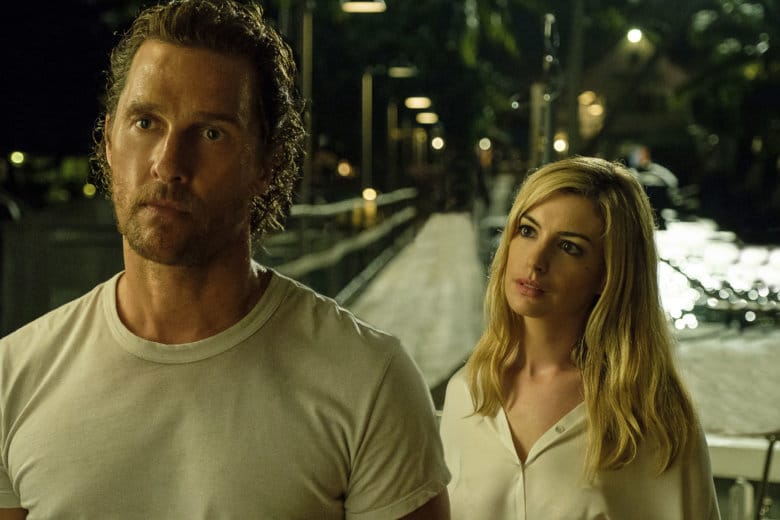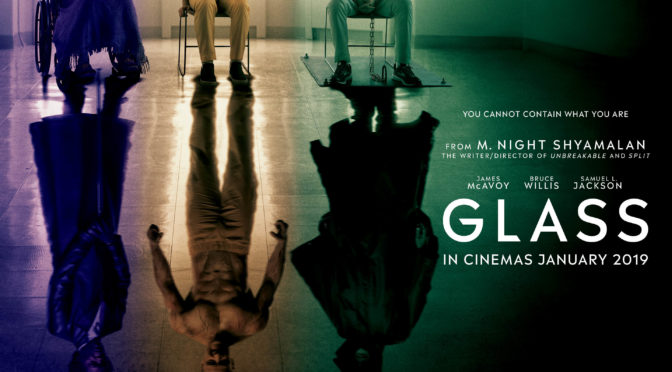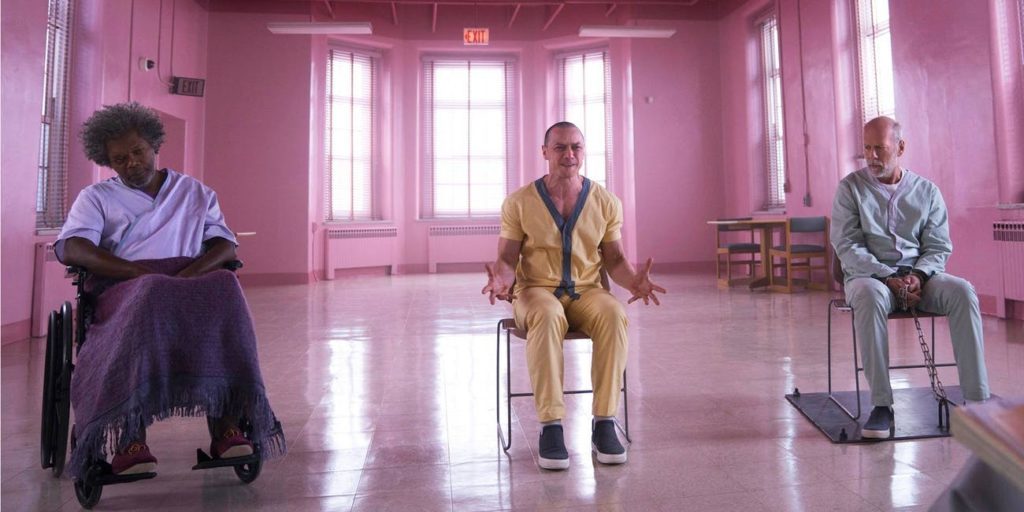Swallow is one of the hardest watches in years. It’s not long and there isn’t much gore, but director Carlo Mirabella-Davis knows how to get under the audience’s skin with a simple premise. The film stars Haley Bennett (Hardcore Henry) as Hunter, a housewife recently married to a man from a wealthy family. They live together in the stunning mansion overlooking a river purchased for them by his parents and she spends her days decorating and cleaning it while he works for the family business. During this time Hunter develops a strange fascination with consuming inedible objects.
Even knowing its topic beforehand will not prepare you for the acts on display. Hunter’s behavior starts small, with a marble, but quickly escalates to disturbing heights. Mirabella-Davis films these scenes in medium shots where Hunter’s body language takes center stage. We see her subtle grimaces, convulsions, and pain as she swallows things no human being was ever meant to eat. These scenes are universally revolting. The director doesn’t rely on extreme close ups or tracking into Hunter’s face to get the point across. Instead, Mirabella-Davis’s static shots eliminate any potential distractions forcing the viewer to unwillingly imagine Hunter’s physical experience and contemplate what emotional state could have caused someone to behave in this manner. Very little graphic imagery is shown, but Mirabella-Davis frames the actions in an uncomfortably inviting way. Some will find these moments, and therefore the film itself, unwatchable due to their repulsive nature yet this is only a testament their effectiveness.

Haley Bennett is incredible in the difficult role and carries the film. Hunter has a disturbing, inexplicable habit that could make her too strange for viewers to relate to, but Bennett’s performance highlights her vulnerability. Hunter isn’t crazy, despite her actions. She seems fragile, broken by some aspect of her past, yet good-natured. Hunter wants to be a good wife to make her husband happy, she wants to fit in with her in-laws, and is too timid to do anything to offend them. She gives the impression that she is trying to redeem herself by being what others desire and is an extremely sympathetic character. When her compulsion develops, it is disgusting, but it calls attention to some unknown emotional baggage she carries. Bennett gives her the frailty needed to make Hunter a victim using a terrible coping mechanism rather than a lunatic.
In it’s final act, the film shifts its focus from Hunter’s present to her past. Mirabella-Davis examines Hunter’s background and allows her to confront issues that have been plaguing her. These scenes are heartfelt and tender as Bennett again displays Hunter’s sincere vulnerability. While other filmmakers would have focused on the gross-out elements, Mirabella-Davis takes the more difficult route to understand rather than to judge. He is invested in the characters motivations rather than her actions and creates the same interest in the audience. Swallow is a stomach-churning experience, but one that sympathizes with its subject and delves beyond the obvious to comprehend the compulsion without vilifying its victim.

4/5 stars.


